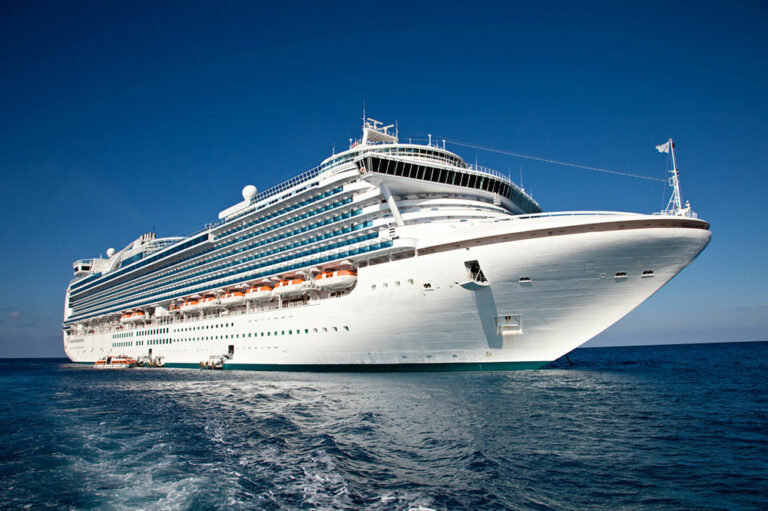Approximately 60% to 75% of the body is water. It is essential to every bodily function, from blood circulation to digestion. This is why drinking the optimal amount of water is vital for overall health. Most experts recommend drinking about eight glasses of water daily; drinking too little increases the risk of dehydration. On the flip side, drinking too much water is also unhealthy. Here are a few health issues caused by drinking excessive water.
Hyponatremia
This condition is caused by a drop in the sodium levels in the body. Sodium is one of the essential electrolytes in the body that balances the fluid levels inside and outside the body’s cells—overhydration or drinking too much water cause sodium levels to go down.
Headache
Drinking too much water may disrupt brain function. The excess water enters the cells, including the brain cells, resulting in their swelling. This exerts pressure on the brain, leading to headaches and dizziness. Some people also experience confusion because of this.
Nausea
Sometimes the health issues because of drinking excessive water are similar to that of dehydration. While a lack of water puts a strain on the kidneys, so does excess water content in the body. This strain occurs because the kidneys cannot expel the additional water. It begins to accumulate in the body, causing vomiting and nausea; it may also lead to diarrhea.
Weak muscles
The excess water in the body causes the level of electrolytes, such as sodium, potassium, and magnesium, to drop. With electrolytes level down, the fluid balance goes haywire. This affects the muscles, making them weaker. Moreover, a person may also experience cramping and spasms in their muscles.
High blood pressure
Too much water in the body affects the balance of salt in the blood. It also increases the volume of blood. Both these factors elevate blood pressure levels, leading to hypertension.

















